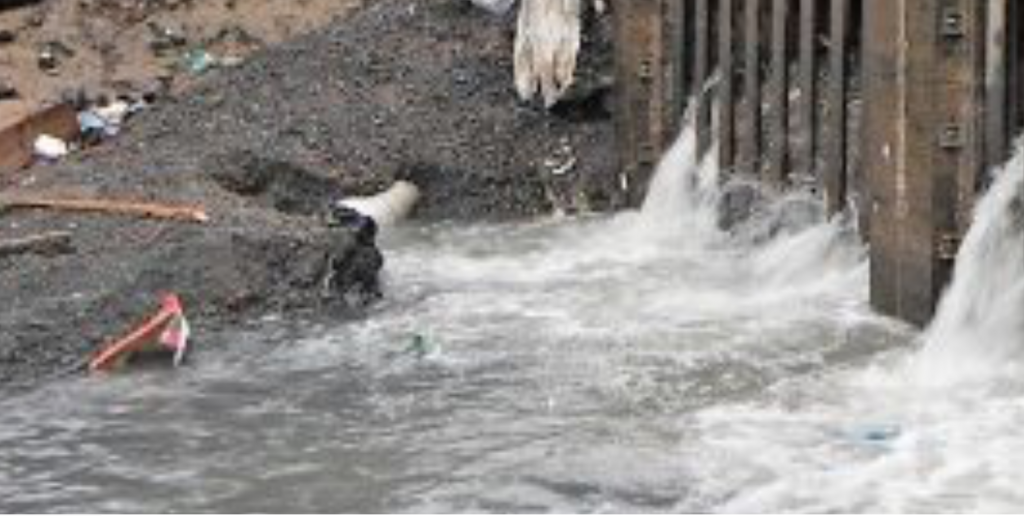[Reposted from NewJerseyPACE.org]

February 14, 2019: NJ’s new stormwater utility bill (A2694/S1073) authorizes municipalities to collect fees on parking lots and other impervious surfaces to fund improvements to failing stormwater systems. But it has many commercial property owners concerned that they will now face significant new charges on their property. If the legislature and the Murphy Administration want to address these concerns in a meaningful way, PACE (Property Assessed Clean Energy) is the obvious answer.
PACE can provide 100% long-term financing for projects designed to reduce stormwater runoff by building retention systems, green roofs, and permeable paving. These improvements add to the value of the property and allow the owner to avoid some or all of the fees likely to be charged by the new utilities. When coupled with other clean energy and resiliency improvements, PACE projects are typically cashflow positive from day one. The capital is invested in the property by private lenders, but is off-balance sheet to the property owner, and the interest and other costs can often be treated as operating expenses. There is no public money involved. The municipality simply makes the Special Assessment mechanism available to the property owner, and provides a pass-through for the repayments.
PACE can provide an immediate offset to the new stormwater utility fees that are inevitably coming to many local districts, giving something back to the most heavily-affected property owners—but at no cost to the government. Any fees associated with the transactions are included in the financing, so the owner is not out of pocket.
There’s been some criticism of the new fees by opponents calling them a “rain tax,”and critics like Bill Wolfe, a former DEP planner, Sierra Club Director, and founder of the New Jersey Chapter of Public Employees for Environmental Responsibility (PEER), who argues they open the door for more privatization of what should be “core government functions.” But the fact is that NJ is just following 41 other states in giving local authorities the power to fund CSOs and other stormwater issues by going after the property owners who contribute the most to these problems, and getting the work done by private contractors under the normal procurement controls. If this does, as Wolfe claims, open the door for “graft and abuse,” this ought to be fully prosecuted. But that doesn’t alter the fact that these systems are aging, insufficient, and need repairs for the public good.
The better solution, however, is for the property owner to address the problem onsite, storing (and perhaps even treating and reusing) the rainwater, or allowing it to infiltrate naturally and recharge the aquifers rather than discharging it along with various road and paving contaminants into the local waterways. This is exactly the kind of decentralized solution that most environmental experts would recommend, and PACE provides a unique way to pay for it, out of future savings.
It’s time for the legislature to move on the PACE bill (A1903/S1611), and get it on Gov. Murphy’s desk for signature. If you want to support this effort, please visit You Can Help Make PACE Happen in New Jersey, and send your own message to the Governor and to key legislators.
For projects that are ready to go today, we have a couple of alternative financing strategies (see www.RegenerativeFinancing.org for details), but it’s time for New Jersey to join the other 35 states, including all of the surrounding ones, that have Commercial PACE and are getting robust results from it.
Jonathan Cloud
Executive Director, New Jersey PACE

